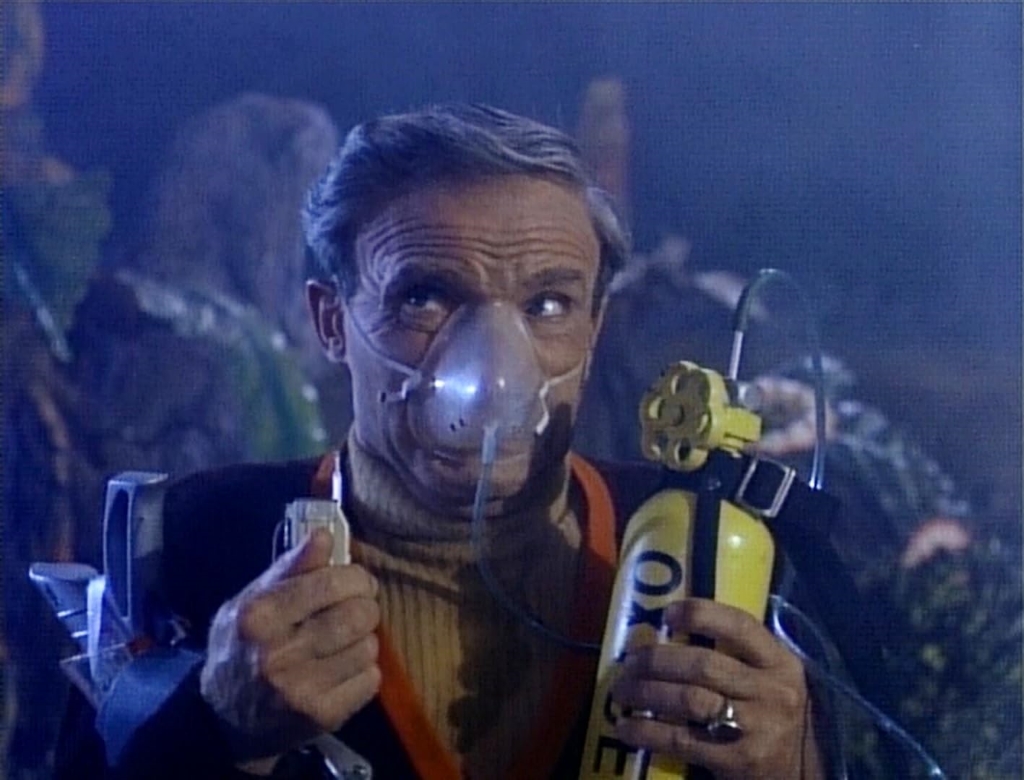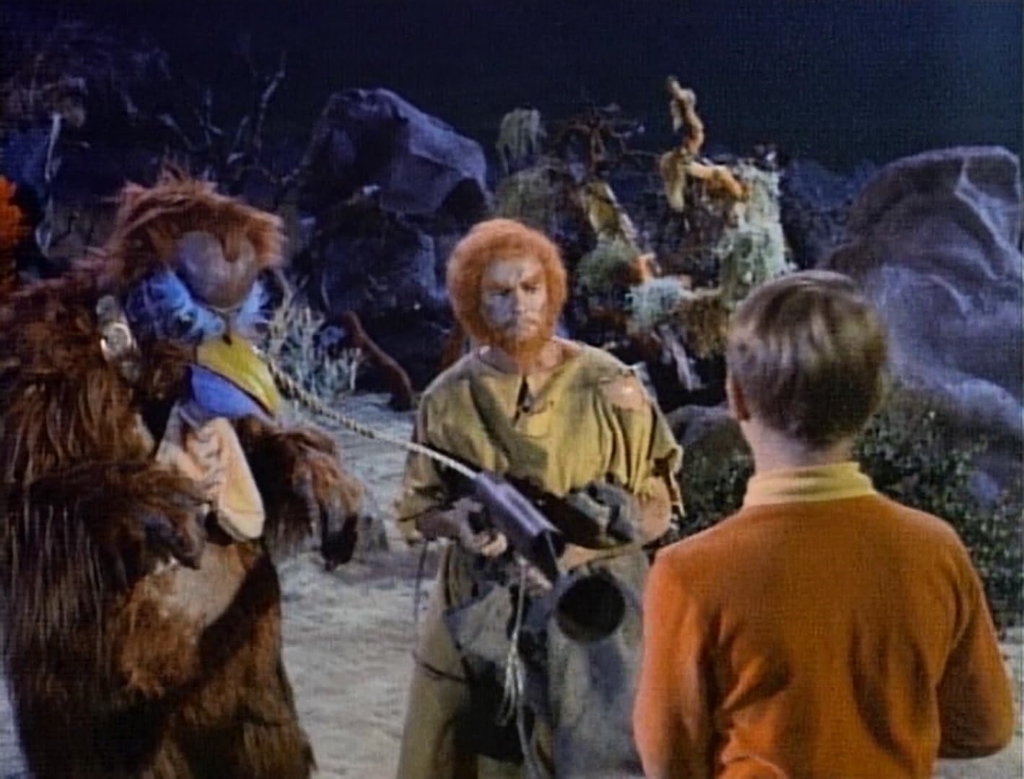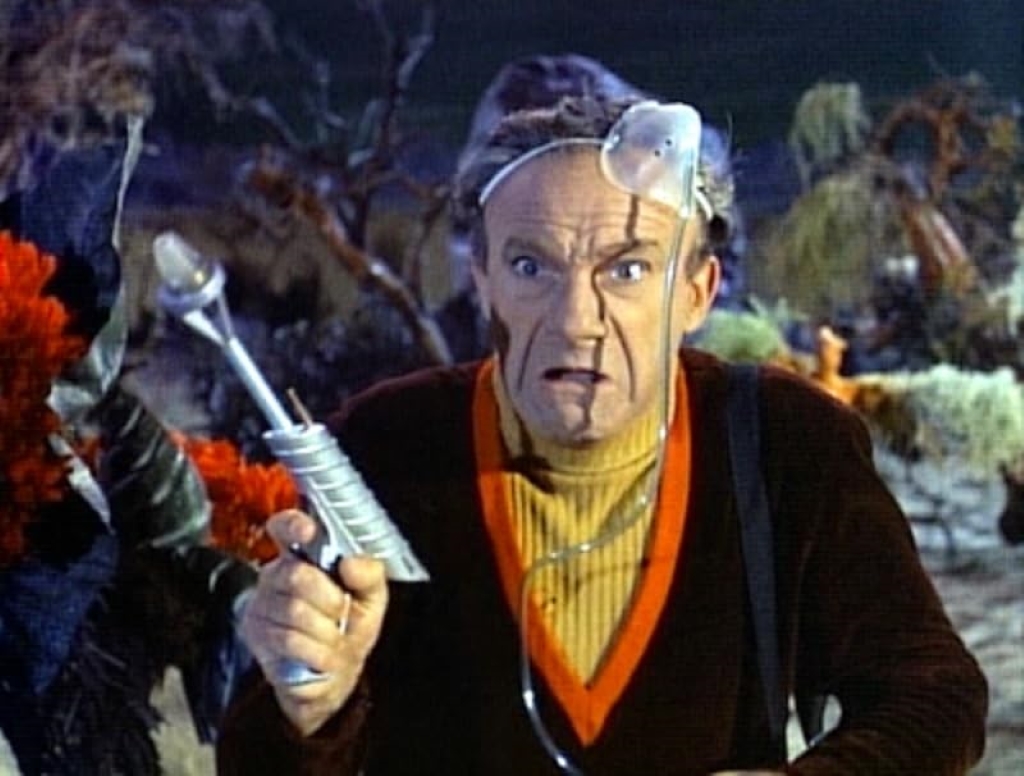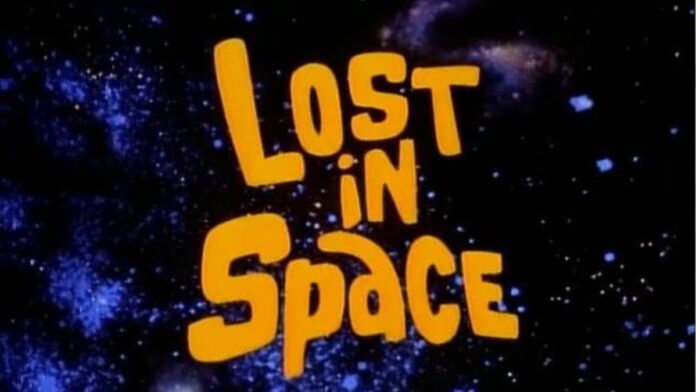Lost in Space
Season 2, Episode 4: “Forbidden World”
Original release date: Oct. 5, 1966
Sidant: It’s been a while since I last watched an episode of Lost in Space, probably since my childhood.
Consequently, I had more or less forgotten that Jonathan Harris’ Dr. Smith had become the primary focus of the show by this point.
Sadly, most of the show’s content has faded from my memory (I can barely recall episodes of I Dream of Jeannie, even though I watched it extensively as a child), so watching “Forbidden World” felt like rediscovering it for the first time.
Billy Mumy as Will Robinson, Jonathan Harris as Dr. Smith, Lost In SpaceThe aspect that stands out to me the most in this episode is the stark tonal contrast I experienced.
Harris delivers a campy and over-the-top performance throughout, infusing the episode with much more energy than it would likely have otherwise, as the rest of the cast plays their roles with utmost seriousness.
There’s an earnestness in most of the performances and in how the characters respond to Smith, making his performance seem disruptive to the show, even though I believe it’s the other way around.
(Mark Goddard’s Major West is the exception, as he’s the only one who genuinely seems to react to Harris’ performance rather than just his lines.)
If the other characters were a bit more relaxed, the episode might have been even more enjoyable.

However, this isn’t to say that the show isn’t entertaining because it certainly is.
I mean, in a series where a robot plans to detonate a human being, as the Robot intends to do here, it hints at the potential for enjoyable absurdity that the rest of the show could explore.
Wally Cox, a personal favorite due to his role in Underdog, has a grand time as Tiabo, the alien hermit who simply wants to be left alone.
Still, it underscores the distinct wavelengths on which the cast operates. Thankfully, Smith has become the show’s central figure.
Naveen: Well, this is a live-action Jetsons, if ever there was one. I mean that partly as a compliment.
In recent years, sci-fi television has pushed the boundaries, from the isolated settings and the partnership of Mulder and Scully in The X-Files to Joss Whedon’s genre-blending Firefly and the recently concluded Fringe.
Sci-fi TV has continued to evolve alongside its literary and cinematic counterparts.
But there’s a downside to this evolution: a rejection of elements that could make the show appeal to a broader audience.
Mark Goddard as Major West, Guy Williams as John Robinson, and June Lockhart as Maureen Robinson, Lost in Space isn’t so much a sci-fi show as it is a family sitcom dressed in the language of sci-fi.
While it nods to some technological advancements, pointing to the real-life “Space Race” of the ’60s as its parallel, most of the conflicts in “Forbidden World” stem from the characters, particularly the clash between Dr. Smith and the Robot and young Will Robinson’s precociousness.
The show uses Will’s curiosity as a substitute for scientific exploration, given that the family’s main goal is to return to Earth (a goal shared with both versions of BSG-75 Galactica).
In other words, while the science behind the explosive liquid might be theoretically plausible, the solution (essentially “take four or five and call me in the morning”) feels homey, especially considering Dr. Smith seems to play the role of the older grandparent compared to the rest of the family.

We should consider the intended audiences as we discuss these shows.
For instance, the Flash Gordon film serials were confined to theaters (in front of movies), while most of the other shows we’re discussing aired on broadcast television or one of the BBC channels, akin to American broadcast networks.
Speaking of family, Doctor Who was always designed as a family program, but in the United States, it’s often categorized as sci-fi and labeled as “For Nerds Only.”
(There’s been a shift in recent years during Steven Moffat’s tenure as head writer, but that’s a different story.)
Why can’t sci-fi be family-friendly, even with a limited budget? This show ran for several seasons, so clearly, the late ’60s audiences had no issues with it.
Or could it be the other way around? Have our notions of “family” and “family-friendly programming” evolved, thereby compelling all forms and genres of fiction to adapt?
In any case, I was somewhat disappointed that this wasn’t the episode where the robot utters, “Danger, Will Robinson!” because that was the extent of my exposure to this series prior to watching it.
(Interestingly, Farscape directly references that quote in a later first-season episode. CONNECTIONS!)
Reesav: I’d never watched an episode of Lost in Space before this one. My exposure to the franchise was limited to a few glimpses on the Sci-Fi Channel (back when that name was still accurate), and the dreadful film adaptation starring William Hurt and Gary Oldman. So, I wasn’t entirely sure what to expect going into it.
On initial impressions, I agree with both of you regarding the show.
Sidant, the tonal inconsistencies are definitely noticeable to the point that it feels like there are two different shows running concurrently: one with Dr. Smith, the Robot, and Will, and another with the rest of the family, which we don’t see much of for obvious reasons.
And Naveen, the notion that it’s a family sitcom with sci-fi trappings is right on the money.
Guy Williams and June Lockhart are essentially portraying standard sitcom characters, down to Maureen making Dr. Smith a hot lunch.
Additionally, the fact that all their uniforms resemble casual cardigans contributes to the lack of otherworldliness in their setting.

Nonetheless, I still enjoyed the series. It’s neither purely comedic nor dead serious, making it hard to decide which category to place it in for our Hall of Fame.
What’s appealing is how it remains accessible.
Referring back to our discussion of Flash Gordon and serialization in space opera, Lost in Space also has a broader narrative linked to the family’s quest to return to Earth.
However, it’s a show where the journey, not the destination, is the key.
You can see serialization in how one episode’s events lead to the next.
For instance, “Forbidden World” begins with their escape from an “automated planet” and concludes with Dr. Smith getting attacked, presumably by a wampa, and these connected elements contribute to the bigger picture without making it essential to enjoy a single episode.
Naturally, the series is propelled by Dr. Smith’s impeccable comedic timing.
He’s akin to a crazed scientist version of Gilligan, someone who desires to return home as much as any of the main cast but consistently thwarts their efforts.
In this case, it’s because he’s too stubborn and self-centered to admit his faults.
Jonathan Harris infuses the character with fantastic expressiveness, and much of the humor stems from his ability to switch from imperious and arrogant to a simpering coward at the drop of a hat.
If Flash Gordon represented the best of humanity venturing into the universe, Dr. Smith is the opposite, far from the ideal representation of our species.
There might not have been a “Danger, Will Robinson” moment this time, but there was no shortage of Dr. Smith’s famous alliterative insults aimed at the Robot.
He called it a “Bumbling birdbrain!” a “Mechanical misery!” a “Ferrous Frankenstein!” an “Arrogant automaton!” and even a “Mechanical murderer!”

I also want to give credit to the twist regarding Tiabo’s origin, which I found to be a surprisingly clever departure from the usual alien tropes.
In many sci-fi shows, aliens are typically portrayed as a monolithic force standing in the way of our heroes, as Tiabo initially attempts to do.
It’s refreshing to see that the obstacle the Robinsons are contending with is the complete opposite.
His willingness to accommodate Will’s request even carries a touch of sadness:
I’ll just gather my belongings and move to the other side of the planet. That way, we won’t be in each other’s way.
Most people who venture into space do so for the thrill of adventure, the desire to explore new worlds, or in response to an immediate threat.
In contrast, Tiabo has journeyed through space and taken these extreme measures solely because he yearns to be left alone.
Frankly, that’s a decision that strikes me as more human than anything the Robinsons did in this episode.
You Might Like To Read: Roundtable Review: Alfred Hitchcock Presents, “Breakdown”


